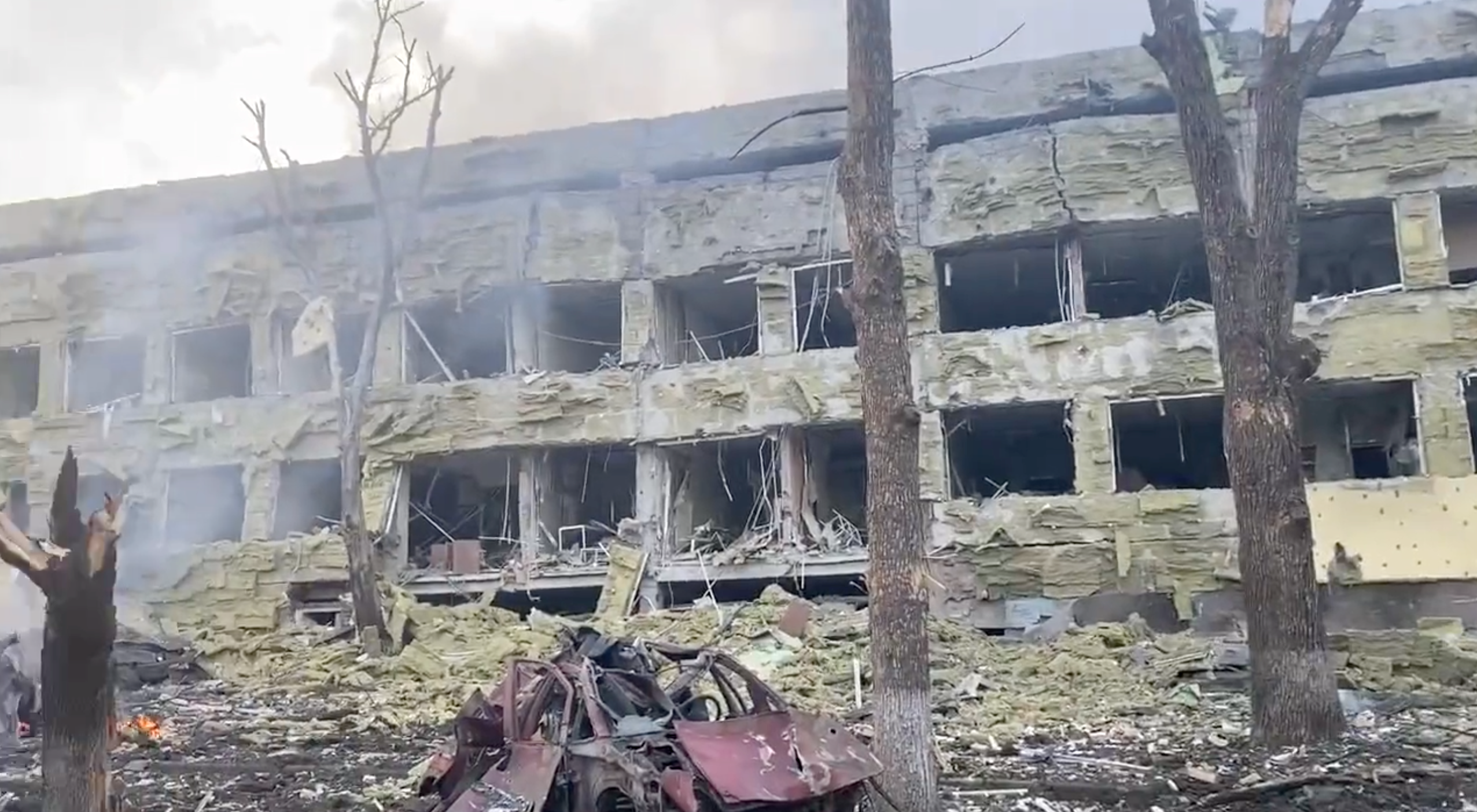By Andrew Zhang & Joshua Fechter, The Texas Tribune

Rescue workers bring in a family through rising flood waters in the Cypress Station neighborhood as waters rise during Tropical Storm Harvey in Houston on August 28, 2017. File Photo by Jerome Hicks/UPI | License Photo
March 8 (UPI) -- A Texas agency discriminated against communities of color when it denied more than $1 billion in federal relief funds sought by Houston and Harris County to help hard-hit areas recover from Hurricane Harvey, the U.S. Department of Housing and Urban Development found.
The Texas General Land Office -- the agency charged with distributing approximately $2 billion in federal funds for future flood preparation -- initially awarded Houston and Harris County nothing when deciding where to send the money. At the time, local officials blasted the state agency, headed by Land Commissioner George P. Bush, for denying much-needed aid and called on the federal government to intervene.
HUD officials said the state agency's method of doling out the funds "discriminated on the basis of race and national origin" and "substantially and predictably disadvantaged minority residents, with particularly disparate outcomes for Black residents," according to a Friday letter detailing the result of a HUD probe. The land office is in violation of the Civil Rights Act as well as federal housing law, federal housing officials said.
"Quite frankly, it's what those of us at the city and at Harris County have been saying for quite some time," Houston Mayor Sylvester Turner said Tuesday.
Bush, who was born in Houston, is in the middle of a fierce runoff in the Republican primary for Texas attorney general against incumbent Ken Paxton. During the race, several of Bush's opponents have criticized his office's work in distributing the relief funds. Despite making it into the runoff, Bush placed third in Harris County in the March 1 primary.
Brittany Eck, a spokeswoman for the land office, said in a statement that HUD was politicizing the mitigation plan and the land office administered its program in accordance with the department's guidance.
"The GLO is considering all options, including legal action against HUD, to release this iron-fisted grip on mitigation funding and restore the pipeline of funds to communities," Eck said.
Local officials, meanwhile, applauded HUD's finding.
"It's not complicated: Harris County was ground zero for the heartbreaking impacts of Hurricane Harvey, and continues to be exceedingly vulnerable," Harris County Judge Lina Hidalgo said in a statement. "The share of mitigation funds we receive from the federal government should reflect that reality."
The letter, which was first reported by The Houston Chronicle, is the latest turn in the drawn-out process to deliver relief for communities wrecked by Hurricane Harvey more than four years ago. Congress approved $4.3 billion for Texas in 2018, and about half of it remains undistributed.
Following the initial outcry after Texas' largest metro area was denied any federal funds, Bush called for the federal government to give $750 million directly to Harris County.
In June, Texas Housers, a nonprofit housing advocacy group, and Northeast Action Collective, an advocacy group formed to push for greater investment in flood mitigation after Hurricane Harvey, submitted a civil rights complaint to HUD alleging that the funding was distributed to white neighborhoods in lieu of Black and Hispanic neighborhoods that needed the money.
"Tragically yet predictably, the GLO's decision that violated civil rights laws delayed the award of badly needed funds to areas of our state at risk of future disaster," David Wheaton, advocacy director for Texas Housers, said in a video statement published Tuesday. "This delay is the sole fault of the GLO."
As the process continued to drag, HUD halted the approximately $2 billion in aid money in January after it said the land office had not submitted proper paperwork on its funding plan -- an announcement that an agency spokesperson called a political move. Then, Harris County officials asked the local congressional delegation to send future disaster relief money directly to large counties instead of routing it through a state agency.
The report said that if the land office does not voluntarily resolve the issue with a clear timetable for implementation, the department may initiate administrative proceedings or refer the matter to the U.S. Justice Department.
Disclosure: The Texas General Land Office has been a financial supporter of The Texas Tribune, a non-profit, non-partisan news organization that is funded in part by donations from members, foundations and corporate sponsors. Financial supporters play no role in the Tribune's journalism. Find a complete list of them here.
This article originally appeared in The Texas Tribune. Read the original here. The Texas Tribune is a non-profit, non-partisan media organization that informs Texans -- and engages with them -- about public policy, politics, government and statewide issues.













